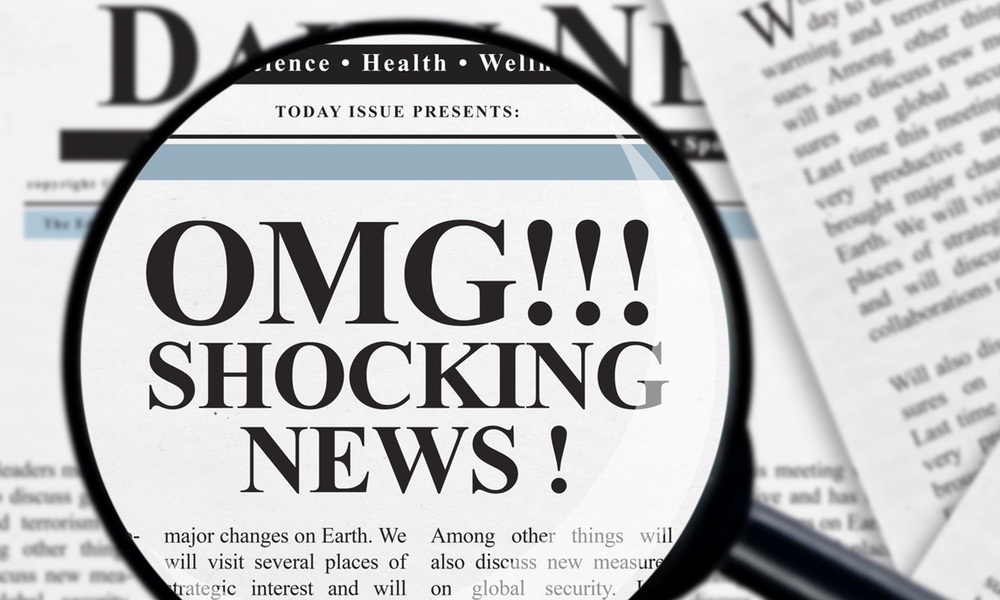There's so much information at our fingertips these days. From updates on COVID-19 to tracking your pizza every step of the way to your house, the possibilities seem endless. But do we really take advantage of all this information? Or even want it?
For most people, the answer seems to be no, and you can test your own appetite for difficult information by taking an online survey below.
The desire to avoid information that might be unwelcome is widespread, seemingly part of the human condition. It also seems to cut across most social and economic lines, including political ones. People tend to avoid information that is upsetting or painful, even when it could help them make better decisions. Whether it's what others really think about you or how many calories were in that plate of lasagna you just ate, sometimes ignorance really can be bliss.Avoiding information can lead to poor decision-making. Take menu calorie counts and food packaging labels. They don't do much good when people ignore them.
They put the test online, and now that over 2,300 people have taken it, some patterns have begun to emerge.
“It is tempting to think that people on the opposite end of the political spectrum from you are the ones engaging in information avoidance,” said David Hagmann, study co-author and a postdoctoral fellow at the Harvard Kennedy School. “But we find no differences in information avoidance by political ideology, income, gender or — perhaps surprisingly — education. Trading off the potential pain from receiving bad news against the uncertain and delayed benefits from making more informed decisions is something we all seem to do.”
Impatient people, however, do seem to be more information avoidant, preferring life without the pain it might bring.
Avoiding information can lead to poor decision-making. Take menu calorie counts and food packaging labels. They don't do much good when people ignore them.
Do you want to know if you're at elevated risk for Alzheimer's disease? Or what your colleagues really think of you? If you are interested in knowing more about how much you tend to avoid information, you can take the survey here.
An article on the survey and information avoidance appears in Management Science.





